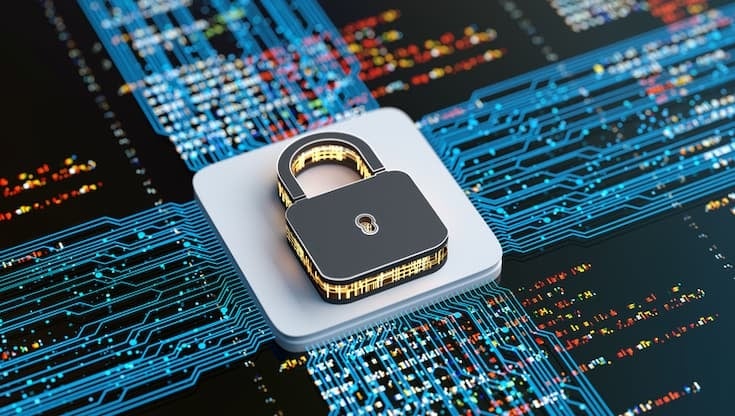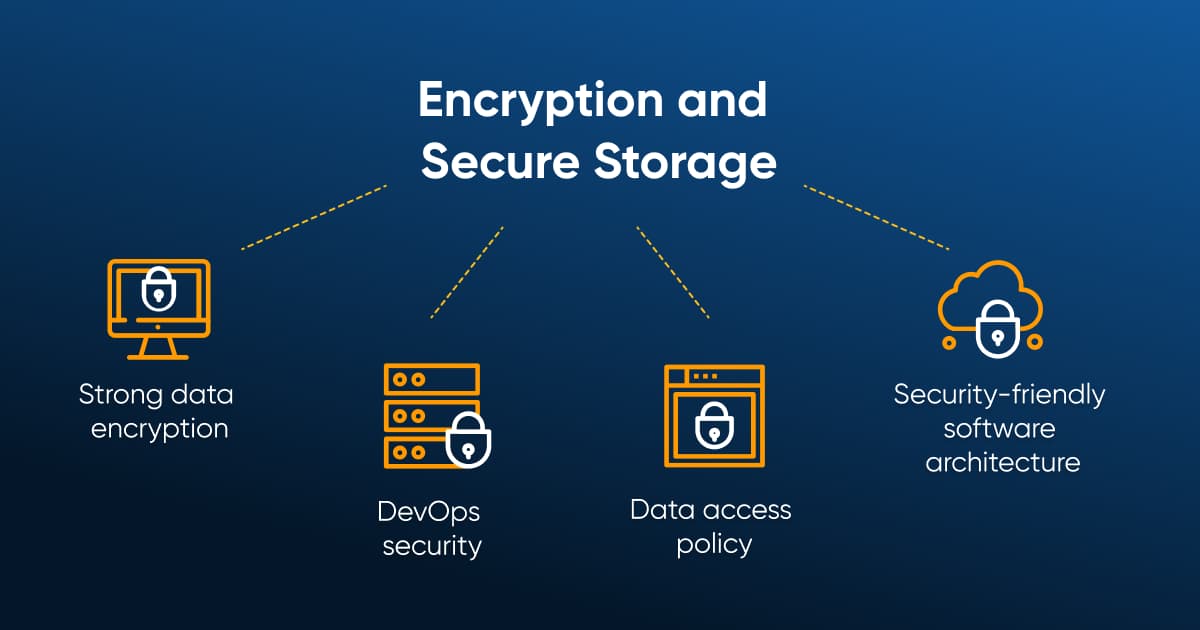Every interaction with your business’s data—whether a click, share, or storage choice—could expose sensitive information to risk. From financial reports to intellectual property and client data, your business handles a range of confidential information that demands protection. And as regulatory pressures tighten, the need for robust security measures grows.
Traditional storage options, like email or basic cloud services, often fall short, leaving gaps that cybercriminals exploit. This is where virtual data solutions offer a critical advantage. Virtual data rooms (VDRs), designed specifically for secure data management, provide essential tools to protect against cyber threats and ensure compliance. In this article, we’ll dive into the security benefits of VDRs, exploring how they help safeguard your business’s most sensitive information.
The Risks of Inadequate Data Security

Common Vulnerabilities in Traditional Data Storage Solutions
Traditional storage solutions lack the sophistication to fend off modern cyber threats. Common vulnerabilities include:
- Weak Access Controls: Basic storage solutions often lack role-based permissions, making it difficult to control who can access sensitive files.
- Insufficient Encryption: Many traditional systems don’t offer robust encryption for data at rest and in transit, leaving it exposed.
- Limited Activity Tracking: Without thorough activity logs, these systems can’t reliably monitor who accessed or altered data, creating significant security gaps.
These issues create critical exposure points, particularly as cyber threats grow more complex each year.
Consequences of Data Breaches, Both Financial and Reputational
Data breaches carry steep financial costs. The average global cost of a data breach is now $4.45 million, a sharp increase of 15% since 2020, according to IBM’s 2023 report. For financial sectors, the stakes are even higher, averaging $5.9 million per breach. Beyond financial losses, companies suffer reputational damage; studies reveal that 71% of breaches are financially motivated, and companies see stock prices dip by an average of 7.27% within two weeks of a severe breach, with many underperforming for months after.
Long-term, reputational harm can lead to client churn, reduced investor confidence, and significant recovery costs, including legal fees and marketing efforts to rebuild brand trust. A virtual data room provides the controls, encryption, and tracking capabilities essential for managing and protecting sensitive information effectively. By implementing virtual data solutions like VDRs, businesses can better secure their confidential information, prevent breaches, and mitigate reputational damage.
Introducing Virtual Data Rooms as a Secure Solution
What VDRs Are and Why They’re Built with Security in Mind
A Virtual Data Room (VDR) is a highly secure digital platform designed for storing and sharing sensitive information. Originally developed for handling complex financial transactions, VDRs offer an environment built from the ground up with security as a priority. They provide advanced encryption, secure document sharing, and stringent access controls, making them ideal for businesses that handle large volumes of confidential data.
When considering how to choose a Secure Virtual Data Room, organizations should look for features that allow precise control over file access and user permissions. These capabilities are crucial in high-stakes environments where data confidentiality and integrity are non-negotiable.
Overview of Industries Relying on Virtual data rooms for Data Protection
Many industries, especially those that deal with highly sensitive or regulated information, rely on Virtual Data rooms for data security, including:
- Finance: For M&A transactions, due diligence, and financial reporting.
- Legal: To securely share case files and maintain attorney-client confidentiality.
- Healthcare: For HIPAA-compliant storage and sharing of patient records.
- Corporate: To protect intellectual property, proprietary business information, and secure client communication.
These industries, among others, benefit from VDRs’ robust security and compliance capabilities, ensuring that their data remains safe and accessible only to authorized users.
Key Security Benefits of Using a Virtual Data Room
Controlled User Access and Role-Based Permissions
VDRs offer granular control over user access, allowing businesses to assign specific roles and permissions to each user. For example, a financial analyst may have viewing rights but cannot edit or download sensitive documents. This control minimizes the risk of unauthorized data access and ensures that only trusted individuals can interact with critical files.
Additionally, VDRs typically include multi-factor authentication (MFA) for enhanced security. This added layer requires users to verify their identity through a second factor, such as a code sent to their mobile device, before accessing the data room.
Advanced Encryption and Secure Document Sharing
Virtual Data Rooms employ advanced encryption standards, both for data in transit and at rest, to ensure that sensitive information remains unreadable to unauthorized parties. Encrypted data prevents interception or tampering during transmission, providing an additional safeguard for confidential information.

Secure document sharing is another vital component of VDRs, enabling users to share files without compromising security. Features like watermarks, file expiration, and restrictions on downloads provide further protection, helping businesses to prevent leaks and unauthorized distribution of sensitive data.
Compliance and Regulatory Support in VDRs
Built-in Tools for GDPR, HIPAA, and Other Regulatory Compliance
Navigating compliance can be challenging, especially for businesses operating in regulated industries. VDRs come with built-in tools to help organizations stay aligned with regulatory requirements such as GDPR, HIPAA, and other industry-specific standards. By offering compliance-ready infrastructure, VDRs minimize the burden on businesses to independently secure and monitor their data handling practices.
How VDRs Maintain Transparency Through Compliance Documentation
Transparency is essential in regulatory compliance, as it proves an organization’s commitment to secure data handling. VDRs generate comprehensive audit logs and reports, documenting every interaction with the data room. This transparency ensures that businesses have a clear trail of data access and actions, which can be invaluable in the event of a compliance audit or investigation.
Use Cases: Applying Virtual Data Rooms for Sensitive Business Operations
M&A, Legal Document Management, and Intellectual Property Security
In mergers and acquisitions (M&A), VDRs serve as secure repositories for due diligence documents, allowing multiple parties to review confidential information without risk. Legal firms also leverage VDRs to protect case files and ensure attorney-client confidentiality, while companies use VDRs to safeguard their intellectual property, protecting innovations and trade secrets from external threats.
Managing Confidential Financial Data and Secure Client Communication
Financial data is highly sensitive, and VDRs provide a secure platform for sharing such information with stakeholders or auditors. Businesses use VDRs to ensure that sensitive financial data is accessed only by authorized parties, and secure communication features within VDRs facilitate confidential interactions with clients, investors, and partners.
Conclusion
Virtual Data Rooms have revolutionized data security for businesses, offering an unparalleled level of protection for sensitive information. By providing controlled access, advanced encryption, and regulatory compliance support, VDRs address the critical data security needs of modern businesses across various industries.
As data privacy concerns and regulatory standards evolve, VDRs are likely to integrate even more advanced security measures and compliance tools, making them an indispensable resource for secure data management. For organizations looking to safeguard their information, investing in a Virtual Data Room is a proactive step toward ensuring data integrity and maintaining business trust in today’s digital age.